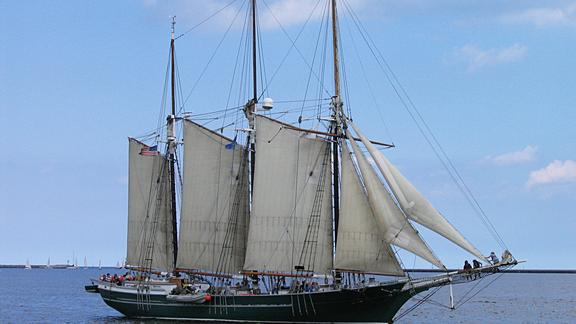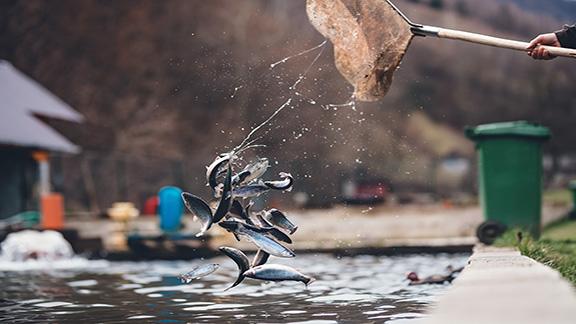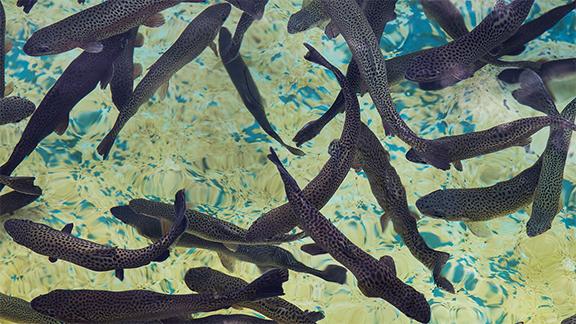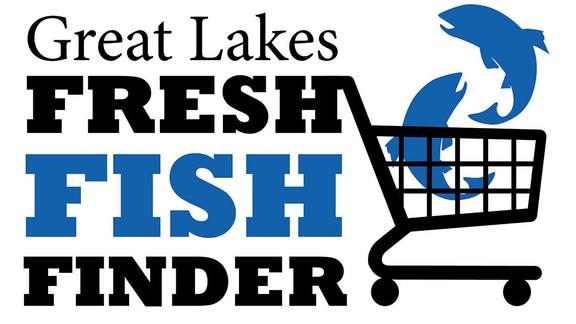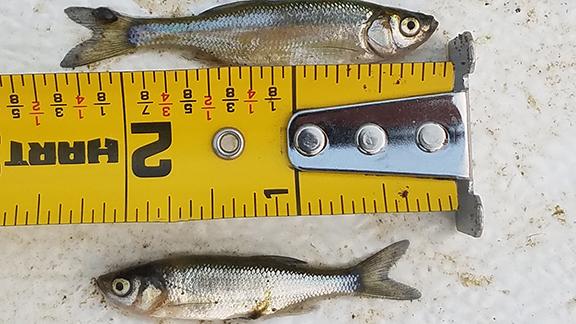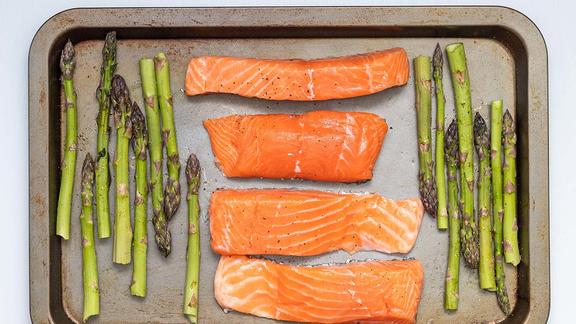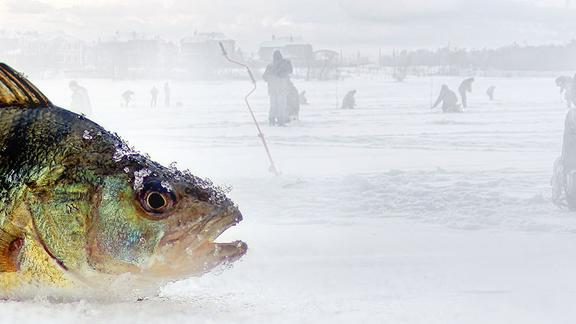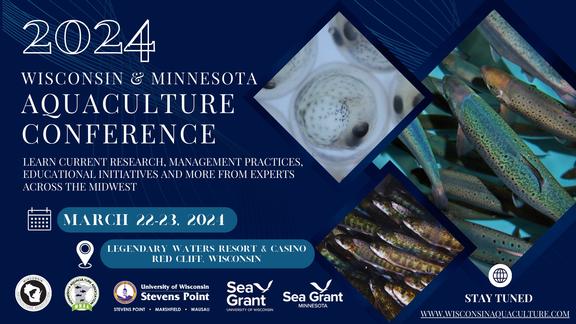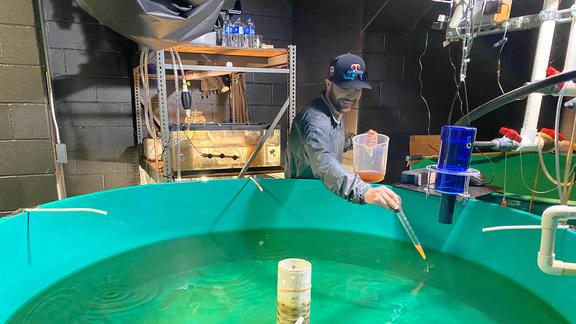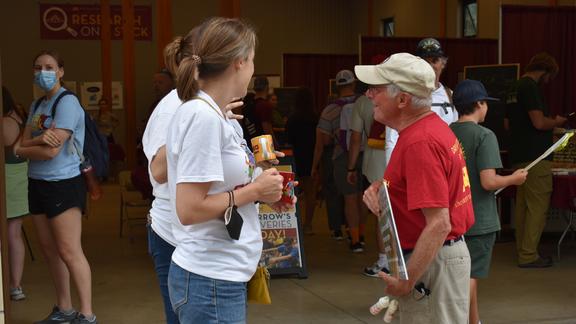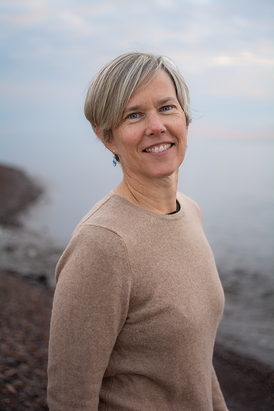
News
Amy Schrank named new MNSG Extension Program Leader (2023)
Biography
I am a fish biologist with more than 15 years of experience teaching and conducting research in Great Lakes aquatic ecosystems. My background includes work on trout movement, stream and lake fish ecology, the effects of dam removal on fishes, and how invasive plants impact fish communities in Great Lakes coastal wetlands. In addition to teaching University courses, I have particularly enjoyed my outreach work taking K-12 teachers and students into the field to learn about our Great Lakes water resources, and working on innovative methods of bringing the field indoors when field trips are not possible.
As an extension educator, I will be focused on collaborating with fisheries and aquaculture researchers and stakeholders around Minnesota to provide research support and a bridge to communicate technical information to stakeholders, managers, and the public. Currently I am collaborating with stakeholders and researchers to understand the potential for an environmentally sustainable aquaculture industry within Minnesota and across the Great Lakes region.
Education
- Ph.D. - Zoology and Physiology
- University of Wyoming
- M.S. - Resource Ecology and Management: Aquatic Ecology
- University of Michigan
- B.S. - Biology and Spanish
- University of Michigan

